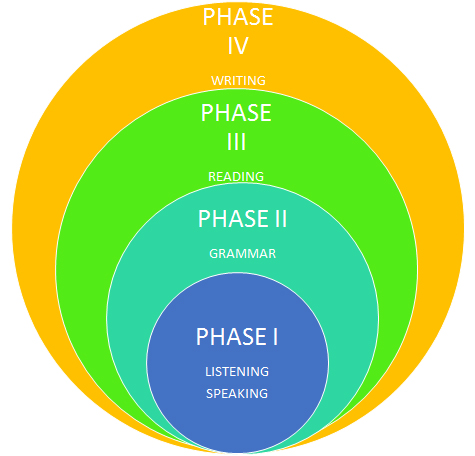 At Ayele foundation we believe in providing every child in rural Ghana with a better future by fostering literacy and embracing technology. To achieve this, there is the need for enhanced curriculums that fit in the context of the rural Child. Our fundamental purpose of curriculum development is to ensure that students receive integrated, coherent learning experiences that contribute towards their personal, academic and professional learning and development. Our curriculum development program encompasses the design and development of integrated plans for learning, the design of implementation of the plans, and of the evaluation of plans, their implementation and the outcomes of the learning experience. Students are at the heart of the learning experience.
At Ayele foundation we believe in providing every child in rural Ghana with a better future by fostering literacy and embracing technology. To achieve this, there is the need for enhanced curriculums that fit in the context of the rural Child. Our fundamental purpose of curriculum development is to ensure that students receive integrated, coherent learning experiences that contribute towards their personal, academic and professional learning and development. Our curriculum development program encompasses the design and development of integrated plans for learning, the design of implementation of the plans, and of the evaluation of plans, their implementation and the outcomes of the learning experience. Students are at the heart of the learning experience.
Background
Ghana as a country has come a long way in terms of education. However, enrollment has increased more rapidly in urban areas than in rural areas, and increasingly the majority of Ghanaian children out of school are rural children. Many factors contribute to lower educational participation in rural areas. Rural children are less interested in attending school. The costs of attending schools are often higher in rural areas. Many rural households are dependent on their children for help at busy times of the Agricultural year such as harvest time. Throughout the year, school calendar often coincide with periods in the agricultural calendar and parents expect children to help them harvest.
Parents in rural areas often have a lower level of education, and may attach a Lower value to schooling. The perceived lack of relevance of schooling may be enhanced by a rigid curriculum, often designed for a context (and sometimes culture) removed from rural areas. Rural schools rarely adapt the curriculum to make use of local examples, or to link the curriculum to local needs. This in effect has resulted in poor English proficiency in rural schools.
Methodology
 The Ayele Foundation believes that quality education is a type of education process centered on a student who has an active role to play in developing his or her intellectual and other qualities. Subsequently, in bridging the gap between the rural and urban child, the foundation believes every child should receive basic education (reading, writing, and arithmetic) in the language which she/he is most familiar with.
The Ayele Foundation believes that quality education is a type of education process centered on a student who has an active role to play in developing his or her intellectual and other qualities. Subsequently, in bridging the gap between the rural and urban child, the foundation believes every child should receive basic education (reading, writing, and arithmetic) in the language which she/he is most familiar with.
A meaningful education is moving from the known to the unknown, to build on the known foundation of the language and experience of the child. Once a solid educational foundation is laid in the child’s first language, the child can expand her experience and learn more even through other languages spoken in her wider environment. This is especially true in multilingual settings as in the case of Ghana. This curriculum seeks to accomplish such goal, using first language (L1) to achieve greater success in second language (L2). As the course proceeds, the teacher uses the native language less and less, where necessary Native-language translation is used to make the meaning of the dialogue clear.
Objectives
- Promote the full and harmonious development of Native and English language of every rural student;
- Give some preparation for adult working life
- Serve as a basis for further training;
- Lead to the level of competence necessary for proceeding to high school.
- Increase school attendance among rural children
We depend on experienced and committed educators and student interns like you to develop and implement our programs.
